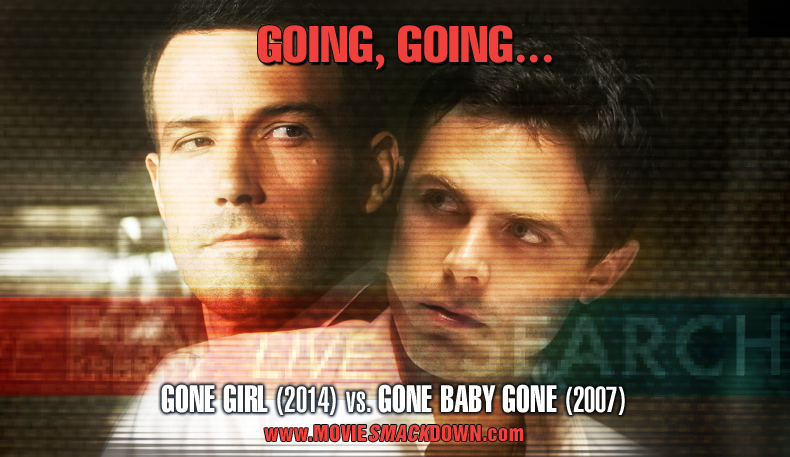
The Smackdown
It wasn’t so long ago that Ben Affleck was among the easiest punchlines in Hollywood: A wooden, one-note actor with horrendous taste in projects, a consistent provider of gossip fodder, and the co-winner of a screenwriting Oscar that few believed he actually deserved. But then, in 2007, he made the second-wisest move of his career (just behind ditching J-Lo and settling down with J-Garn): He turned his focus to further developing his behind-the-camera talents, choosing Gone Baby Gone, a twisty, noirish mystery based on a novel about a specious kidnapping, for his directorial debut (and opting to leave the acting chores in the film to his younger, squirrelly brother, Casey).
Raves and awards soon poured in, and Affleck the Joke was reborn as Affleck the hyphenate, eventually capped off with no less than Best Director and Best Picture Oscars for Argo (2012), his third feature.
The man has nothing left to prove now… other than that, hey, maybe he can act after all. And what better way to try than with Gone Girl, another twisty, noirish mystery based on a novel about a specious kidnapping that also has “gone†in the title to boot? And thus, what better way for us to explore this attempt at rejuvenation than with an Actor Affleck vs. Director Affleck Smackdown? That’s right, it’s Gone vs. Gone this week, and it’s gone-a be good!
(Sorry.)
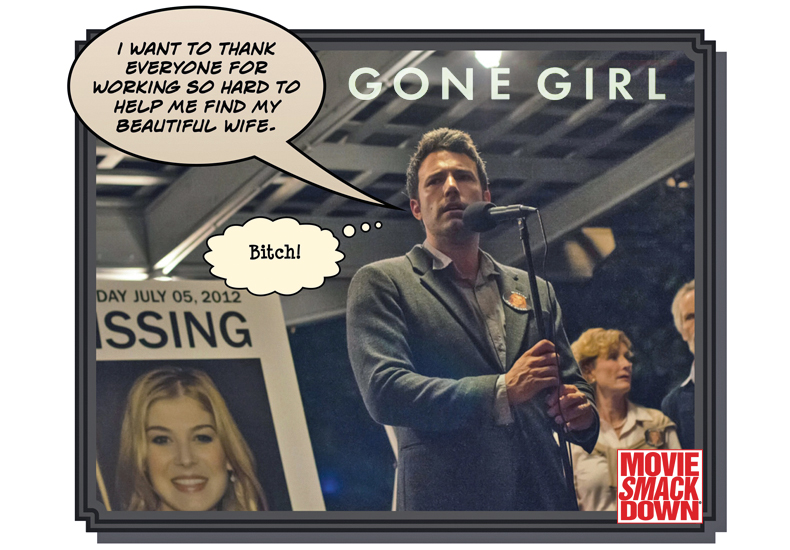
The Challenger
So for the one or two of you out there who still haven’t read Gillian Flynn’s 2012 massive best-seller and controversy lightning-rod Gone Girl… well, you really should read it already, because withholding spoilers makes it really hard to discuss its story, but to give it a shot:
Affable, average-Joe writing professor and bar co-owner Nick Dunne (Affleck) returns to his home in small-town Missouri on his fifth anniversary to discover his gorgeous and sophisticated wife Amy (Rosamund Pike) missing, and signs of a violent struggle in her wake. The detective and cop (scene-stealing Kim Dickens and Patrick Fugit) put on the case are instantly suspicious of Nick, even without knowing about his mistress, a sexpot student (Emily Ratajkowski, previously best known for… well, this).
Flashbacks, by way of Amy’s diary entries, are interspersed with the contemporary story, chronicling how the two met-cute, got married, and built a life together in New York, only for their relationship to gradually deteriorate after both of them lose their jobs and Nick moves them back to his hometown to help care for his ailing mother. Flynn adapted her own work for movie-geek demigod David Fincher (Se7en, Fight Club, Zodiac) who treaded similar “violent familial mystery based on best-seller†territory with The Girl With the Dragon Tattoo (2011), to great success.
The Defending Champion
Patrick Kenzie (Casey Affleck) and his business and romantic partner Angie Gennaro (Michelle Monaghan) are down and out South Boston private eyes who are recruited to assist in finding a missing four-year-old girl by her desperate grandparents (Titus Welliver and Amy Madigan). The grandparents rightly believe Patrick to be more familiar with the seedy underworld characters who they suspect kidnapped the girl from her irresponsible, drug-addicted mother (Oscar-nominated, and brilliant, Amy Ryan).
Kenzie soon finds himself uneasily teamed up with two surly, world-weary police detectives (Ed Harris and John Ashton), all under the watchful eye of Captain Doyle (Morgan Freeman). The closer they all get to the main suspects, more hidden agendas and past relationships among the cops and family are revealed.
In addition to directing, the elder Affleck co-adapted the script, with Aaron Stockard, from the novel by Dennis Lehane, whose work has been the source of several brooding New England mystery-thrillers including Mystic River (2003), Shutter Island (2010), and from earlier this year, the terrific The Drop.
The Scorecard
Gone Girl carries the burden of being based on one of those novels that just about everyone read and enjoyed the hell out of. It arrives on the scene with, on the one hand, an enormous mountain of anticipation and excitement, and on the other, expectations that are a massive challenge to satisfy, with practically every audience member coming in with claws at the ready to rip apart any deviation from the beloved book.
GBG, by contrast, faced no such anticipationary challenges and, even with its star power in front of and behind the camera, was seen as more of a sleeper. It received a modest theatrical release but soared well beyond the relatively low expectations of those who saw it. I never read the Lehane book, but as far as I know, its fans were quite satisfied with the adaptation. Speaking as one who did read (and love) Gone Girl, my guess is there’s about to be a lot of disappointed fans out there.
It’s not that it’s bad, mind you. It’s fluidly directed, handsomely filmed (by Jeff Cronenweth), and for the most part, well-acted, particularly by Dickens, Carrie Coon as Nick’s no-nonsense twin sister, and Missi Pyle, terrifyingly channeling Nancy Grace. But it has some fundamental problems at the script level, many by virtue of its being a movie and not a book, and thus not having certain crucial tools at its disposal.
As I say, we’re getting into an area that’s difficult to discuss without spoilage, but the long and short of it is, the book struck a variety of nerves, sparking nationwide conversations with its provocative views of marriage, relationships, men’s attitudes toward and expectations of women, and parenting (Amy’s parents “plagiarized†her childhood by making her the protagonist of a fictional series of “Amazing Amy†books). But the movie compresses much of its back-story and excises some crucial elements (though still manages to feel, at two and a half hours, overlong), essentially boiling it down to a fairly compelling mystery but effectively whittling away everything it once had to say. Nowhere is this more apparent than in its treatment of the book’s most discussed and celebrated passage, wherein Amy rants extensively about the pressure to be a “Cool Girl,†a near-impossible combination of superficial feminine sexuality and “one-of-the-guys†chumminess. The rant makes it into the film as the narration of a brief montage, but without our having seen any evidence that Amy actually suffered the indignity of such transformation, it has zero impact.
The GBG adaptation seems a much more straight-forward affair. It has a complicated back story as well, but it largely eschews actual flashbacks and manages to let the characters tell us the information we need when we need it, without ever feeling too talky or expositional. The cadence of the Southies is a distinct and hypnotically rhythmic one, and Lehane and his adapters (both Southies themselves) capture it quite beautifully. What truly stands out, particularly on revisiting the film, is Affleck’s confident but understated direction. Every choice he makes –- in framing, pacing, editing, and casting –- seems the exact right one. On my initial viewing, I recall being somewhat confused by the plot machinations for a while, and then being slightly ahead of the climactic revelations, but watching it a second time, one is able to simply sit back and feel the exhilaration brought by a well-told, well-filmed, well-acted mystery that fires on all cylinders.
Which makes it all the more crushing to report that no, Affleck’s development as a director has not molded him into a more interesting actor, or even a more compelling presence. Again, he doesn’t do anything horribly wrong in GG, but he’s his usual bland, grown-up frat-boy self, his facial expressions inscrutable, his line delivery flat and tired, his choices all wholly safe and predictable. And yes, some of that is appropriate to the character, but there is not a single moment we actually believe this guy has ever actually done any Creative Writing, much less teaches it (which is another unfortunate excision from the book, rendering a sweet and believable teacher-student romance into a trite fling with a young hottie). Nor does he manage to create convincing chemistry with Pike, a fine British actress who successfully nails several aspects of this quite complicated role, but convincing us she loves this bland, dreary lunkhead isn’t one of them.
What will those unfamiliar with the book make of the film? There’s still plenty for them to enjoy about it, I guess; the clever twists and turns of the plot are still there, the supporting cast is excellent, the technical credits are top-notch, and Fincher fans will not be disappointed by his usual bleak, dark-humored tone (augmented, as it was with The Social Network, by Trent Reznor’s creepy squawk-Goth score). But it doesn’t seem at all interested in provoking the conversation and controversy the book did, opting instead for being disposable entertainment. Whereas, the ending of Gone Baby Gone, which works perfectly well as disposable entertainment, actually also raises compelling questions that I’m still pondering as I type this. I just can’t discuss them here in the spoiler-free zone.
The Decision
Ben Affleck has spent the last seven years proving himself a far better writer and director than he is an actor, and I doubt anyone expects Gone Girl to change their minds about that, but I at least had hopes that it would provoke a reconsidering of him as an actor, one who just needs the right role and the right director to bring out his best. The sad truth is that due to its poor script choices (I suspect it really needed a more objective eye to adapt it, i.e. anyone other than the author herself), it probably wouldn’t have quite worked regardless of who played the role, but Affleck’s empty, weightless presence does it even further harm. Whereas, Gone Baby Gone does exactly what it wants to do and never steps wrong, a near miraculous feat for a writing-directing debut. It remains arguably the best film Affleck has ever been involved with, and the only one of his directorial efforts that he doesn’t appear in, so make of that what you will… but what it boils down to: Gone Baby Gone is the one to see, whereas Gone Girl, as a movie, remains a terrific book.


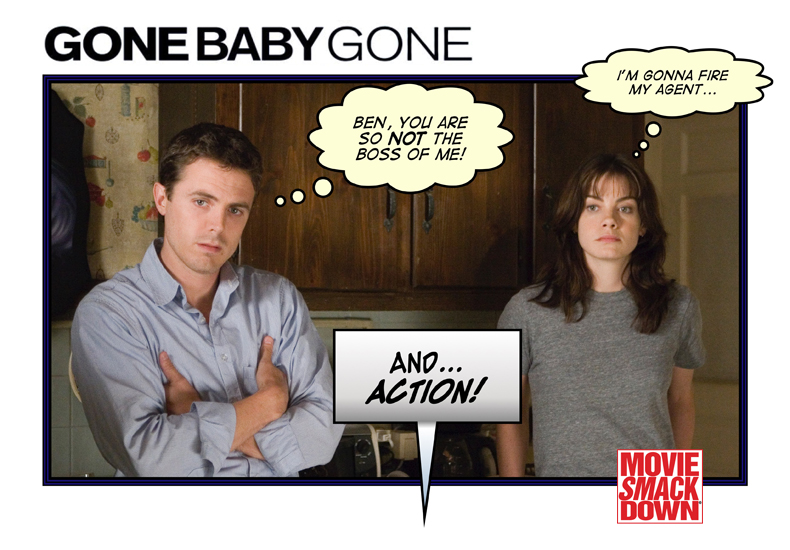
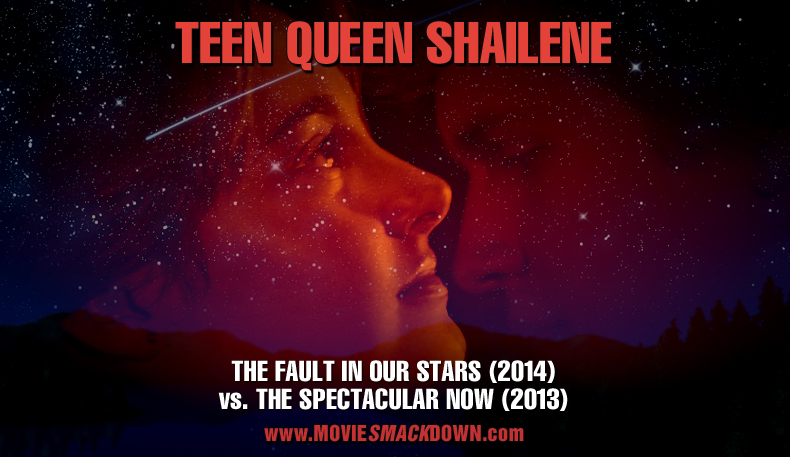
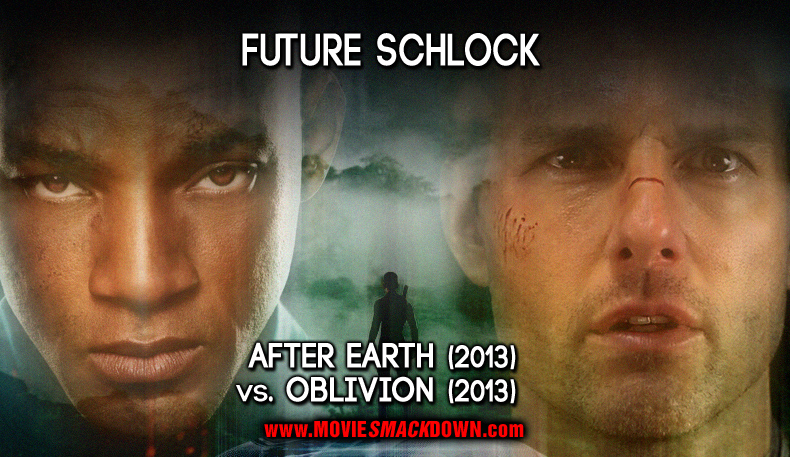
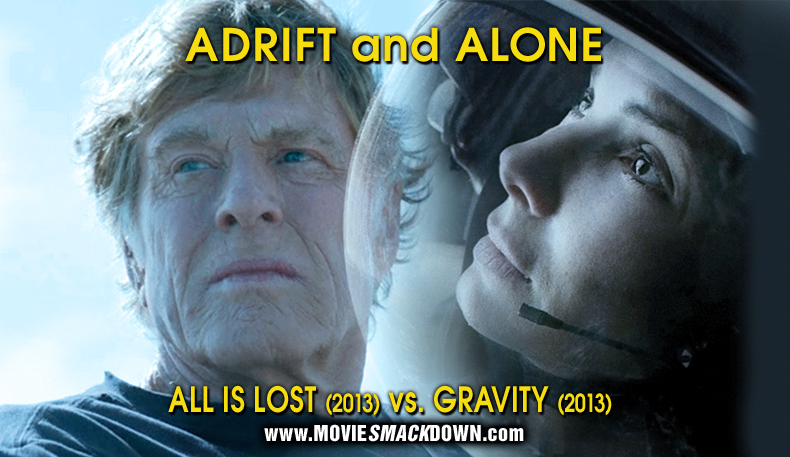
Agreed. Gone Girl was terrible. Gone Baby Gone was an underrated awesome movie! I will continue to watch it again and again!
u picking gone baby gone over argubely the movie of a lifetime is a downright crime, CRIME. period.. i mean i wouldnt trust casey afflack to get ben afflack lunch let alone star in a movie. this just shows arthur that ur opnion is more useless than a wheelchair man in a footrace.
your comment just shows,Rick that you are an ignoramus. While I love Gone Girl, GBG was a better film, while GG was a better book. And Casey Affleck is a MUCH better actor than Ben. If you don’t think so, you can’t call yourself a film afficionado. Or a critic. Or even a film buff
Arthur’s fine Smackdown! makes me want to read the novel before viewing Gone Girl. I wrote about Gone Baby Gone in a Smack! from September, 2010. If it comes off better than this new release I won’t be surprised. Gone Baby Gone is strongly textured and nuanced and stands up to repeated viewings.
That’s a close call currently. Ever since the poll went live it’s been a see-saw tie. Looking forward to seeing how it breaks as people see Gone Girl this week.
Just that a movie is more than 2 hours long is reason enough for me NOT to see it. But I definitely want to see Gone Girl – read the book and loved it, and I want to see what the filmmakers do with it.
I don’t mind the length (if a film is good) and I definitely agree about the book and wanting to see the film. And, call me crazy, but I kind of like Ben Affleck as an actor, too. 🙂
crazy. Haha just messing i actually kinda like him too. Idk why he gets so much hate… Scratch that i just watched Daredevil i know why. But he CAN do well when he tries. Depends on the role i guess
It actually goes by pretty fast; it feels shorter than plenty of UNDER two hour movies I’ve seen. The over-length isn’t really the problem; the under-depth is.
“Gone Girl as a movie remains a terrific book.”
Beautiful. 🙂
Nice one, Arthur. I still have about 50 pages to read, so thanks for not adding spoilers. I love Gone Baby Gone. It would be tough to top that one.